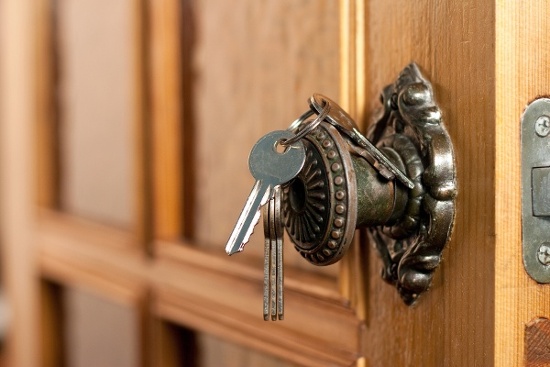What you should know about the rights and obligations of the lessor
As you can imagine, there are various rights and obligations of the lessor. Whether you are an owner, renting on behalf of the latter or tenant, you better learn what are its main features so you can be always informed and make sure that everything goes well.

If you are going to rent your home you should know…
The rental market is growing every day as the number of individuals and families who acquire a rental house as a residence increases. Meanwhile, the number of people who have the opportunity to acquire property decreases. If you own a second home, renting it will be a good choice because keeping it empty means large and high maintenance costs. Renting has many advantages, among which are:
- Recover the investment: By putting your home for rent you can get the money you have invested in your purchase.
- Cover expenses: You will be able to amortize the costs and expenses of having housing, such as municipal taxes, mortgage, or repairs.
- Mortgage: You will obtain a help for your mortgage payment.
- Housing conditions: Housing keeps your house in better condition.
- Benefit: You’ll get an extra income from the rent.
If you have a house in property and you want to put it in rent, it is necessary to know the rights and obligations of the lessor.
Would you like to rent your property? It is very quick and easy.
Do you know what the owner’s rights are?
There is much talk of the rights of tenants of rental housing. But do you know what are the owner’s? Coming next we tell you all about it:
- Rent: You are entitled to charge a monthly fee to the tenant for the rent. The date of payment is agreed between both parties so the landlord cannot require it in advance.
- Works: You are entitled to stop the tenant to perform works on your property, except for those that enables housing for the disabled ones and people over 70 years.
- Property damage: The tenant must pay or repair the damage caused.
- Sale: The owner has the right to sell the house, but in that case the tenant has the right of first refusal and withdrawal, unless agreed otherwise.
- Finish the contract: You can conclude the contract in case you need to use the house as usual housing.
- Deductions in incomet: Maintenance cost of the property will be able to be deduced.
And what about the obligations?
In addition to their rights, the lessor or owner also has a variety of obligations to the tenant, among which we highlight:
- Conservation: The owner is required to maintain in good condition the housing.
- Sale: You must communicate your decision to sell to the tenant, so he/she can exercise if he wants his preemption.
- Changes: It is obliged to comment with the tenant any change in the contract.
- Income: You must declare the income obtained by the rental of the property. Furthermore, you must pay taxes and municipal taxes, unless agreed otherwise.
- Bail: The lessor is obliged to return the deposit to their tenants if they have returned the home in the same state.
- Works: You must allow the execution of works of adaptability for disabled or elderly people above 70 years.

Now you know all the rights and obligations of the lessor. Do you dare to rent your home? If you want to know more details, visit the platform Legalbono. There you’ll find all the necessary information in their Legal Guides and you’ll get models of contract to make things easy for you.

